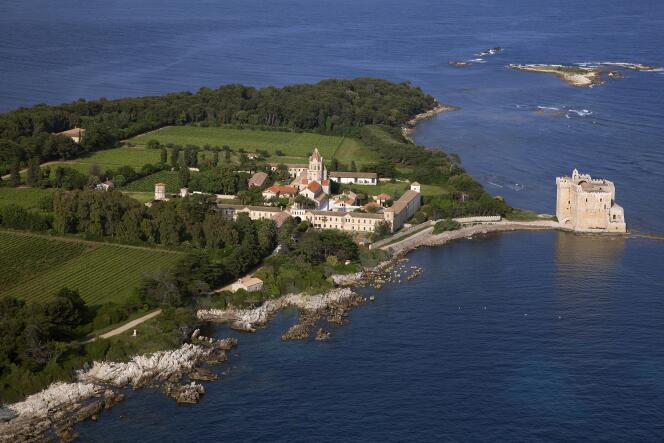“Disorienting”, “upsetting”, “inspiring”, “that’s a really great idea”… Alexia Festin, employee of Maisons du monde (MDM), has not hidden her enthusiasm since the end of March, the date of her return from solidarity leave organized by the MDM Foundation on the island of Saint-Honorat (Alpes-Maritimes). She went to plant olive trees there with around ten colleagues. “Once returning to Vertou [Loire-Atlantique], I looked around my home for associations to discover the biodiversity of my region. » A year earlier, about a reforestation program in Ecuador, another MDM employee, Danièle Esnée, spoke about “extraordinary journey”. Praised by those who have tried it, solidarity leave has been making headway in professional circles for around twenty years.
Like Alexia and Danièle, more than 10,000 volunteers have gone on solidarity leave over the past twenty-three years. A modest assessment which is intended to double by 2030: this is in any case the objective of Planète Urgence. This association which prepares missions with local NGOs announced it in a White Book aimed at businesses.
More than 400 employers (companies and communities) have financially supported the system since its creation, large groups from all sectors (EDF, Engie, Servier, Somfy, Maisons du monde, Mazars, Capfi, Bpifrance) as well as SMEs (ATPS, BETC). Companies renew themselves from one year to the next. “Thirty-three companies representing 335,000 employees are committed for the year 2023. Small companies open one or two places for a departure, large companies can go up to forty employees per year”, indicates Amandine Hersant, the general director of Planète Urgence. The association organizes corporate volunteering month in October, in collaboration with the Ministry of Europe and Foreign Affairs.
Two weeks maximum
Originally, the concept of solidarity leave was created at the end of 1999 by Hervé Dubois, currently director of the Institute of International Cooperation. After an experience on a mission with Médecins du monde, where he took on board employees of the Caisse des Dépôts in northern Iraq, he concluded that it was interesting to open the world of humanitarian work to people who have business skills. He founded the association Congé solidaire in 2000, which has since become Planète Urgence. “We launched this project with the Caisse des Dépôts and Yves Saint Laurenthe remembers. The first volunteer for solidarity leave was a shoe designer from Yves Saint Laurent. She had gone to Kosovo to set up inventory management. » “Most associations only receive skills through this lever”underlines Amandine Hersant.
You have 58.77% of this article left to read. The rest is reserved for subscribers.
